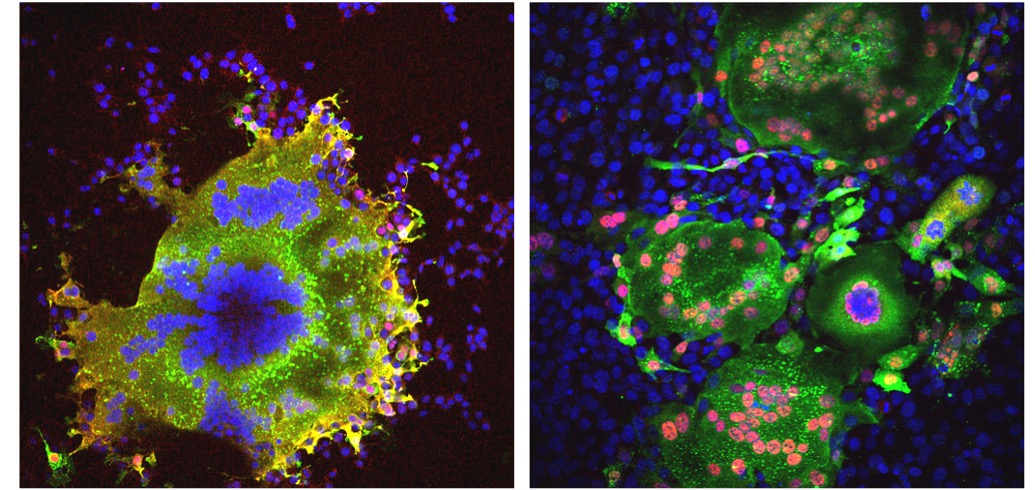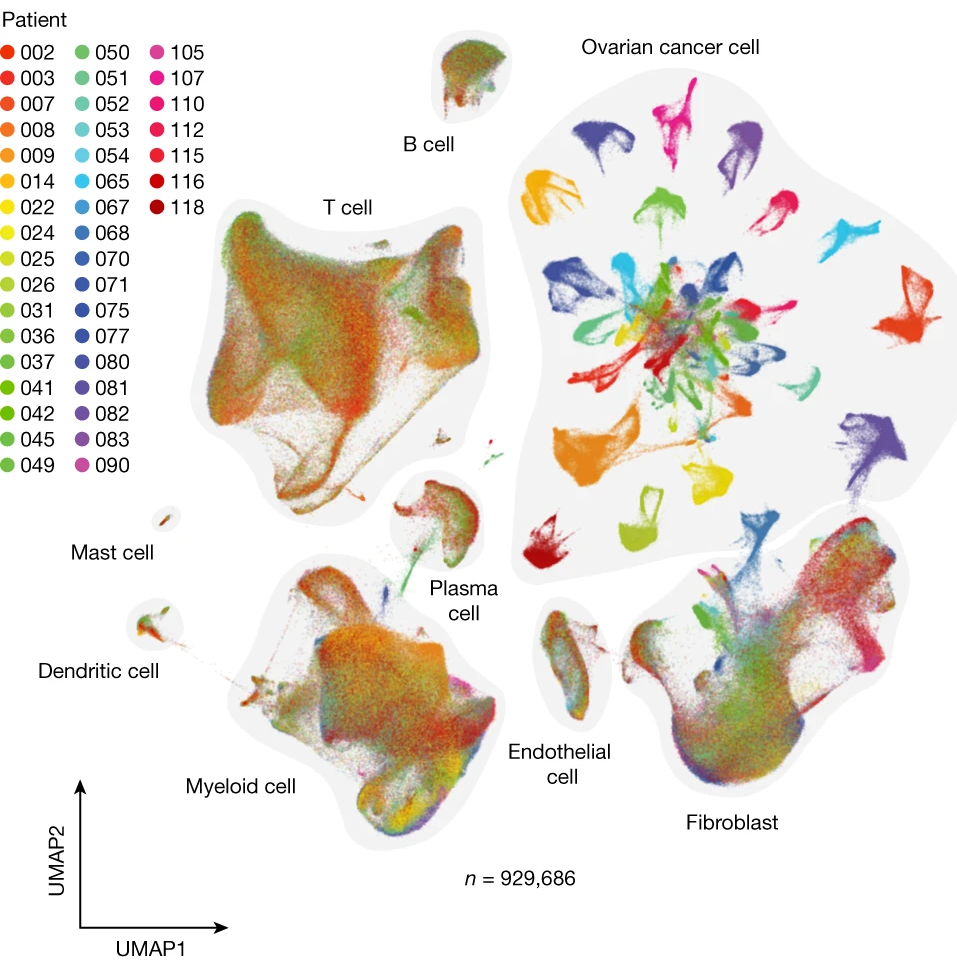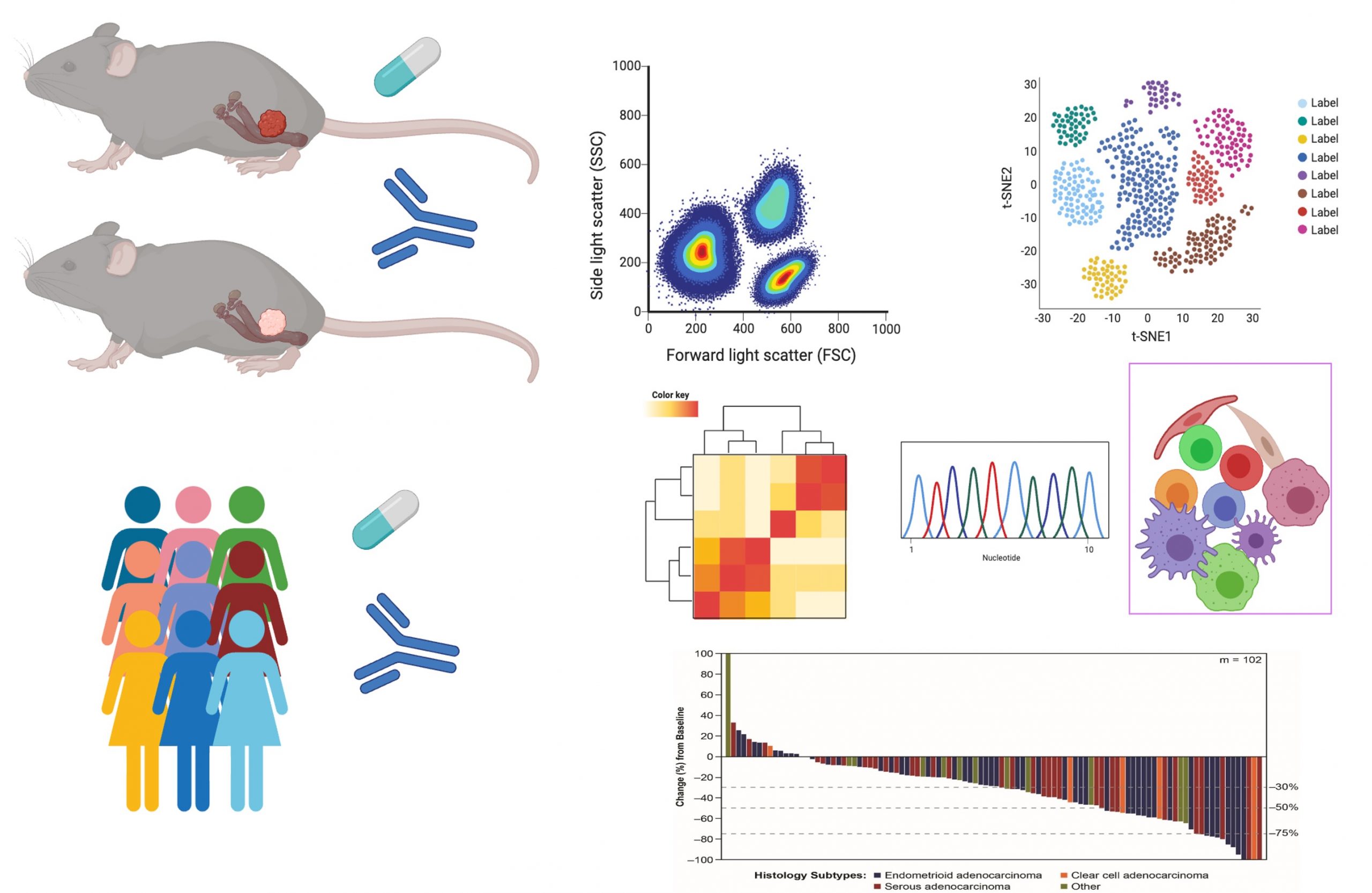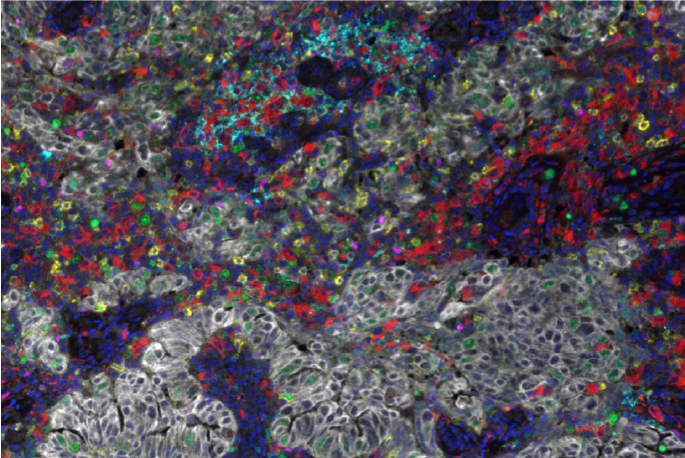Our Work
Cancer immunotherapy with immune checkpoint inhibitors has revolutionized cancer therapy across a number of cancer types. Unfortunately, the efficacy of immune checkpoint inhibitors in gynecologic cancers (ovarian, endometrial, and cervical) remains rather limited.
The overarching goals of our clinical and preclinical research projects are to establish the mechanisms underpinning the resistance of gynecologic and other cancers to immune response and immunotherapy and to develop novel therapeutic approaches addressing these mechanisms. We have a particular interest in engineered oncolytic viruses: viruses that have specific predilection to infect and replicate in cancer cells while sparing normal cells, and over the past several years we have identified several mechanisms by which oncolytic viruses activate anti-tumor immune response.

Syncytia formation in oncolytic virus-infected melanoma cells.
In our research we take advantage of human biospecimens and animal models and employ a number of immunologic and genetic techniques such as single-cell RNA sequencing, T cell receptor sequencing, flow cytometry, and spatial tissue profiling. Our ongoing studies are focused on the understanding of immunogenomic parameters that control immune recognition in human cancers and on preclinical and clinical development of novel therapeutic strategies using oncolytic viruses and T cell-based therapies.

Multi-site profiling of ovarian tumors.


